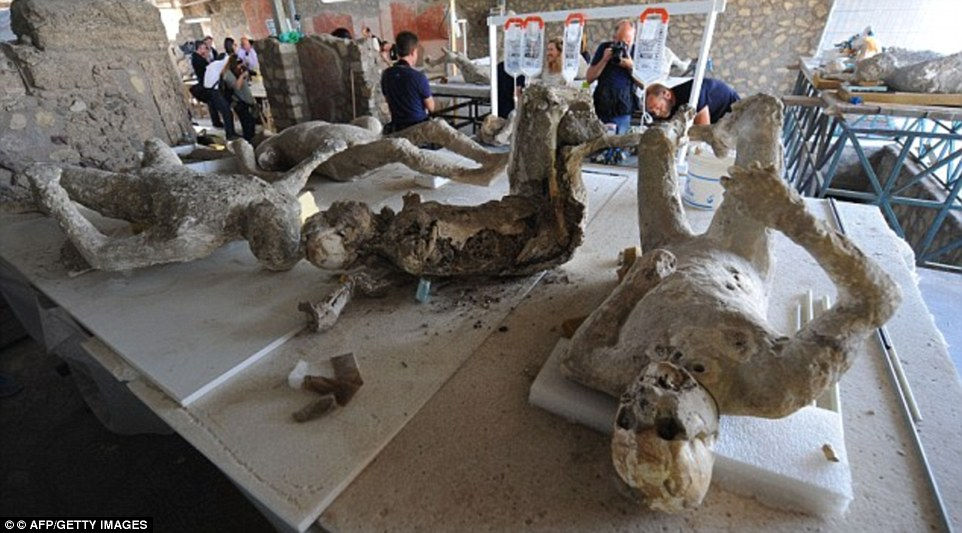La Scuola
- laurasoran32

- Jun 28, 2020
- 4 min read
Miss Francesca was my Italian language and culture teacher at the Department of Defense school while abroad. I loved her because she always wore refined black outfits, extreme high heels, and fire-engin red lipstick like my idol Madonna. I thought she was a real Material Girl and loved the way she would repeat “dov’è la biblioteca” or “ecco il mio biglietto.” The words were fun to say and felt like songs rolling off the tongue. The whole class would repeat her phrases and practice saying, “mi chiamo…”
Miss Francesca took us on many excursions in and around Napoli that stick with me to this day, but not in the way one would imagine. It’s funny the things you fixate on as a child when exploring a new thing for the first time. It’s nothing like the rational mind of an adult that can appreciate the history and gravity of a place. Time is irrelevant when one is a child and therefore all things are understood in the split-second reaction of the moment.
For example, while visiting the ancient city of Pompeii, I remember very little of what Miss Francesca said because I was terrified by what I equated to corpses on display. The encapsulated outlines of writhing bodies clinging to each other while engulfed by Vesuvio haunted me. The streets, buildings, and art paled in comparison to the fear I felt of dying by volcano. After witnessing Pompeii there was only one thing I remember Miss Francesca saying—mangiare, bere, e di essere allegra per domani si muore. How could you not? The ominous Vesuvio was always looming in the skyline, sending out small tremors from time to time, reminding citizens of her presence.
We visited the mercato, nicknamed thieve's alley by visitors, mercato duchesca by locals. The old women working as vendors would place a pinky below one eye knowingly—watch your wallet. I was drawn to the small painted masquerade masks that I could collect for my walls and the imitation cameo. Miss Francesca taught us to put only half our money in one pocket and a little more somewhere else. It was imperative that we bartered, not to, would be an insult. Miss Francesca would tell us to show them “it’s all the money I have,” and if we really needed to have it then dip into the reserve. This was expected, it was a battle of wills, a meeting in the middle. I was fascinated on the trip by what Miss Francesca called the “spaghetti bowl” a system of roadways that rose up and down and crisscrossed like spaghetti with vehicles speeding, honking, and creating lanes not meant to exist. Napoli was the largest city I ever experienced up until this point in my life. Looking out the bus window I could see the streets below full of cars passing beneath and felt a type of exhilarating fear wash over me. Everything seemed fast and yet unbelievably slow in a strange duality.
Miss Francesca always introduced us to the food. Not just trying the food but understanding the history, the freshness, and the closeness that comes with food. To eat together and share food was to demonstrate a type of ultimate trust with your host. We toured the old buffalo mozzarella factory where the water buffalos were tended by aficionados. The tour ended with our very own mozzarella surrounded by whey in a plastic bag. They were so warm and fresh that when we bit into them all the sweet liquid ran down our arms. One of the most vibrant food tours we took was to a renowned gelateria that produced the most exotic specialty treat around, sanguinaccio dolce, or Italian sweet blood pudding. This was the ultimate connection to the land and tradition. Miss Francesca explained, when a family would slaughter a pig, no part of the pig was to be wasted. In Napoli the tradition of utilizing pig blood to make this healthy sweet luxury was ancient. When Miss Francesca offered the class the option of trying this decadent treat, I was the only one brave enough to try it. My classmates looked on in horror and awe as I tried it—it was a delicious balance between salty and sweet. I wanted to please Miss Francesca and show her trust by trying the food.
After moving from Italy I didn’t visit again until 2011, the year my husband died. I imagine it was the echo of Miss Francesca’s voice saying, “eat, drink, be merry, for tomorrow you die” that sent me back at that moment. Friends would argue it was avoidance, or family might say escapism, but to me it seemed the only logical thing to do. At that moment the only place I wanted to be was where everything made sense. Italy always just made sense to me even when it didn’t make sense. Everything in Italy is a balancing act between extremes, like bartering, a meeting in the middle, between salty and sweet, and life and death. Italy strives to stay right in the middle of that sweet spot where balance can be achieved. Being balanced is not always a solid foundation but a constant engagement of one’s core. Going back to Italy at that moment was a way to reengage my core, only Italy could have done this for me. The perceptive individual sees Italy's lesson of balance in a world made of chaos. Not many people are perceptive.




Comments